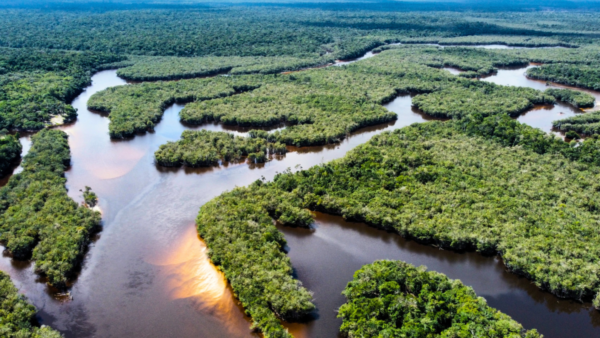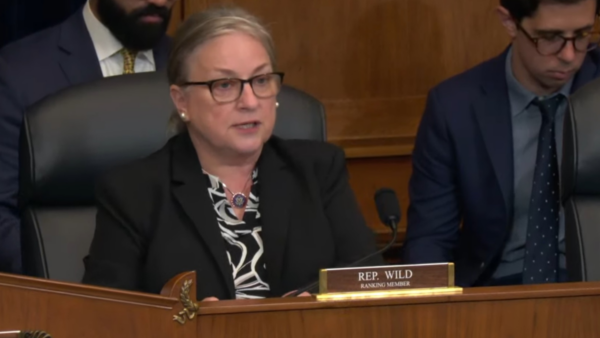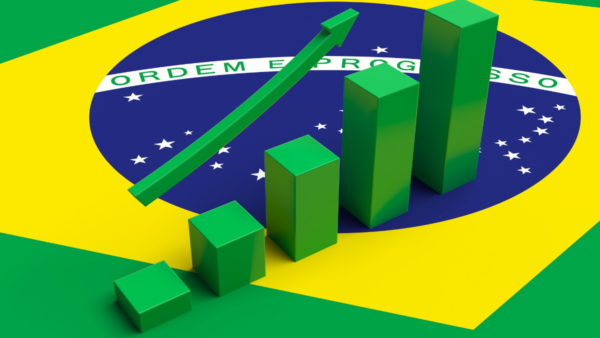A presidential runoff election will be held in Ecuador on Sunday at what is a turbulent moment for the country. The vote is the result of outgoing President Guillermo Lasso having called snap elections in May to escape impeachment proceedings over accusations of embezzlement. And prior to the first-round election, a presidential candidate was assassinated on the campaign trail.
Over 13.4 million voters are eligible to choose between leftist Luisa González, a 45-year-old lawyer and political heiress of former President Rafael Correa, and Daniel Noboa, the 35-year-old son of a banana tycoon who became a surprise face in the runoff.
Although Mr. Noboa’s first-round performance surprised many, he has polled first throughout the entire runoff campaign. Four out of five relevant pollsters — who were only allowed to release data until October 5 — showed the young entrepreneur ahead of Ms. González.
But his polling leads have been narrowing in recent weeks, making the result too close to call.
Besides the two clashing for a shortened two-year presidential term that starts in November, an unparalleled wave of violence — believed to be strongly linked to drug cartels — has cast a shadow over the election.
“We are no longer dealing with common crime, but with the largest drug cartels in the world,” Ecuador’s President Guillermo Lasso told Ecuadorian daily Primicias. From May 2021 to August 2023, the Ecuadorian National Police seized 502 tons of drugs, the Los Angeles Times reported on September 5.
The worrisome rise in killings even became an electoral game-changer after candidate Fernando Villavicencio was shot dead in Quito, the capital, during a campaign rally only a few days before the first round. The deceased candidate, whose face was kept on voting cards since there was no time to reprint them, ended up being the third most voted.
The crime remains under investigation and is believed to be connected to Mr. Villavicencio’s persistent call against mafias and corruption. Last week, authorities confirmed that six Colombian suspects in the murder of the candidate were found dead inside a prison cell in Guayaquil, leading many to believe that perpetrators could be covering up their tracks.
To avoid facing the same fate, Ms. González and Mr. Noboa spent the entire runoff campaign wearing bulletproof vests and using armored vehicles, avoiding large gatherings, and being constantly surrounded by heavily armed agents.
With opposing economic and social agendas, one of the two will lead the country until 2025 to finish the constitutional period started by the right-wing incumbent Guillermo Lasso in 2021, which was shortened when he invoked a constitutional clause for early elections in order to avoid impeachment.
Crime will be their top concern, but a limping economy that still bears the effects of the coronavirus pandemic will also be on the table, closely linked to the recent referendum on natural resource use that also took place in August.
- You should also read: How Daniel Noboa sneaked into the presidential runoff in Ecuador
- And: In Ecuador, Rafael Correa is running by proxy


 Search
Search











































